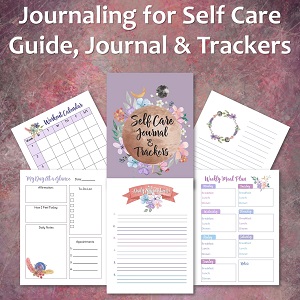Leila
 Divorce is a redefining of your normal. It shakes you out of your routine. The act splits two into one and some who’ve gone through it refer to divorce as a type of death. In a way, it is.
Divorce is a redefining of your normal. It shakes you out of your routine. The act splits two into one and some who’ve gone through it refer to divorce as a type of death. In a way, it is.
What once was no longer exists. Your routines are all up in the air and your once certain future now seems to balance precariously on an emotional cliff. The hardest part about a divorce is the emotions that swarm you.
Just like dealing with death, you’ll go through the five stages of grief. At first, you’ll want to deny what’s happening. You might put off dealing with legal paperwork or avoid discussing issues with your soon to be or former spouse.
This happens because people think by not dealing with it, the pain won’t be as bad. Anger is one of the stages of grief and a common emotion when coping with a divorce. You may be angry at your former spouse, with your new circumstances, and that you got “cheated” out of the life you imagined. Continue reading
 When you lose someone you care about, it burdens you with a tremendous amount of stress. It can spiral your world out of control and leave you floundering to find stable ground.
When you lose someone you care about, it burdens you with a tremendous amount of stress. It can spiral your world out of control and leave you floundering to find stable ground.
There is no right or wrong way to go through the emotions, especially grief. Some people cry often and for long periods of time. Other people push their emotions inward, but are hurting just the same.
You might struggle with grief for years or you may find healing with a matter of months. It’s not a smoothly planned journey through the emotional upheaval brought on by death.
You can take plenty of steps forward, thinking that you’ve finally turned a corner then all of a sudden, you find yourself sobbing because something reminded you of the person that you lost.
Now you feel the same as you did in the beginning – like you don’t know how you’re going to make it through the loss. This is normal. In the beginning, you might go into shock, which doesn’t allow you to feel much of anything. Continue reading
 The workplace is a common site for stress. You might be experiencing it on your job because the amount of effort and time you’re putting in isn’t reflected in the amount that you’re paid.
The workplace is a common site for stress. You might be experiencing it on your job because the amount of effort and time you’re putting in isn’t reflected in the amount that you’re paid.
It could be that promised raises are slow to happen or aren’t given at all. The stress could come from reaching a position within the company that leaves you stuck. There’s just no room to move up.
Or maybe your job doesn’t interest you. Sometimes job stress happens because someone else isn’t doing his or her work and you’re left to pick up the slack. Perhaps you have a demanding or nonsupportive boss.
Whatever it is that’s causing your job stress, there are multiple ways to deal with it and it begins through the use of self care. You must first name whatever it is that’s behind the stress.
Write it all down and you’ll learn how it affected you. For example, if your coworker blew off doing his share and you had to do it, what was the physical response you gave in return? Continue reading




